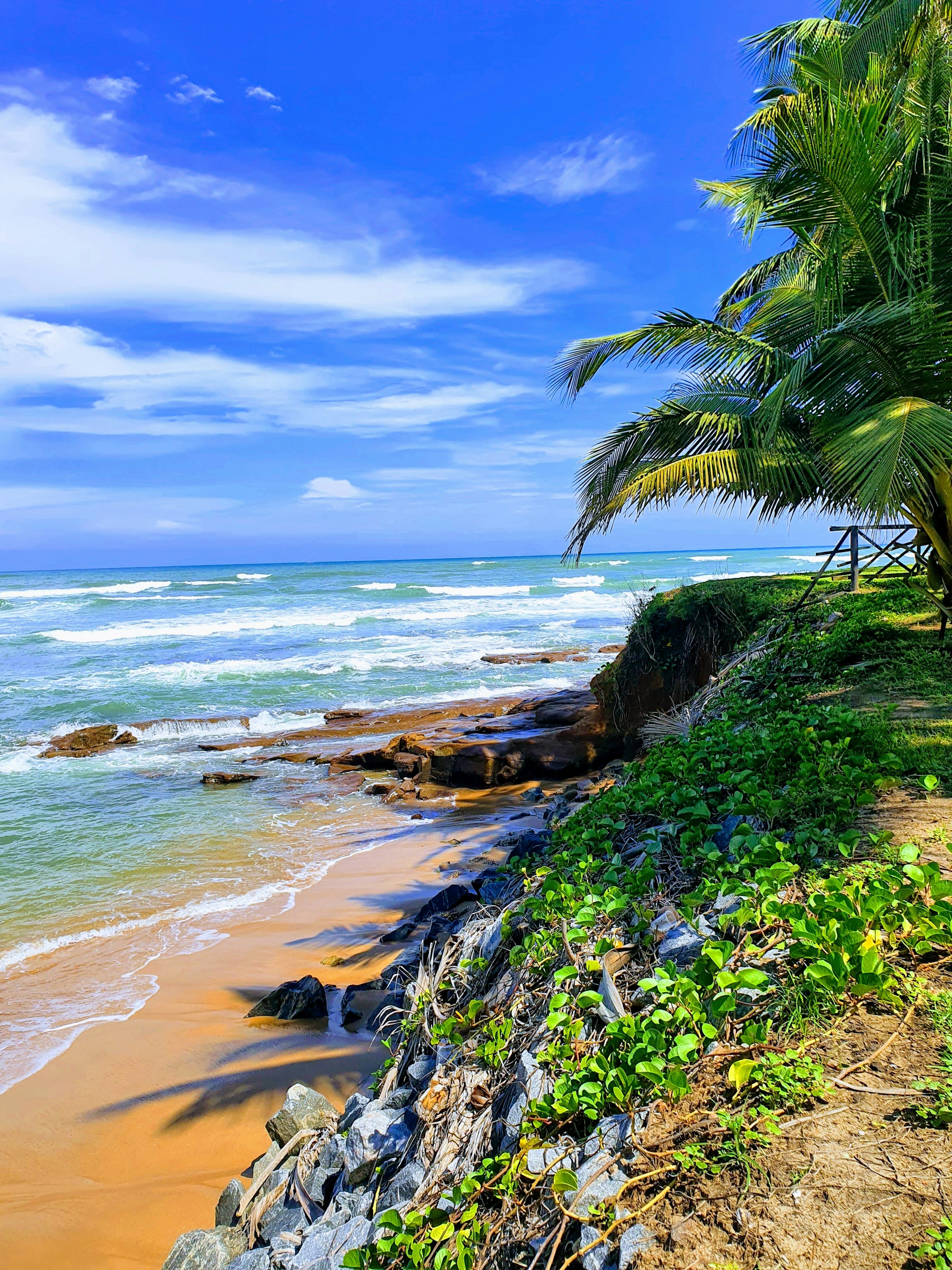Best Weather & Seasons to Visit Ghana: A Comprehensive Guide

Best Weather & Seasons to Visit Ghana: A Comprehensive Guide
Ghana, located in West Africa, is a country known for its diverse landscapes, vibrant culture, and warm hospitality. When planning a trip to Ghana, it's important to consider the weather and seasons to ensure you make the most of your visit. Ghana experiences a tropical climate with two main seasons: the dry season and the rainy season.
Dry Season (November to April)
The dry season in Ghana is characterized by hot and dry weather, making it an ideal time to explore outdoor attractions and enjoy beach activities. During this season, humidity levels are lower, and temperatures range from 25 to 35 degrees Celsius (77 to 95 degrees Fahrenheit). The skies are usually clear, and the sun shines brightly, providing ample opportunities for sightseeing, hiking, and wildlife spotting.
One of the highlights of visiting Ghana during the dry season is witnessing the enchanting festivals held by various ethnic groups. Festivals such as the Aboakyir Festival in Winneba and the Akwasidae Festival in Kumasi showcase the rich cultural heritage of the Ghanaian people.
It's important to note that accommodation and popular tourist sites may be crowded during the dry season, so it's advisable to book in advance.
Rainy Season (May to October)
The rainy season in Ghana brings lush green landscapes and a revitalization of nature. It's the best time for nature lovers, photographers, and those interested in experiencing the authentic rural life of Ghana. Rainfall is more frequent during this season, sometimes resulting in heavy downpours and occasional thunderstorms. The temperatures during the rainy season range from 28 to 32 degrees Celsius (82 to 90 degrees Fahrenheit).
One of the advantages of visiting Ghana during the rainy season is the reduced number of tourists, allowing you to enjoy a more peaceful and secluded travel experience. The waterfalls, such as Wli Waterfalls and Boti Falls, are at their fullest during this time, creating breathtaking views.
It's worth noting that some roads in rural areas may become challenging to navigate due to muddy conditions. Additionally, certain outdoor activities may be limited or inaccessible during heavy rains. It's advisable to pack appropriate rain gear and plan indoor activities as alternatives.
Weather and Monthly Breakdown
| Month | Season | Humidity | Temperature (Celsius) | Sun (hours/day) | Rain (mm) |
|---|---|---|---|---|---|
| November | Dry Season | 73% | 25-33 | 7 | 23 |
| December | Dry Season | 68% | 24-32 | 7 | 43 |
| January | Dry Season | 54% | 24-33 | 8 | 26 |
| February | Dry Season | 50% | 24-34 | 9 | 20 |
| March | Dry Season | 62% | 25-35 | 9 | 37 |
| April | Dry Season | 76% | 26-34 | 8 | 84 |
| May | Rainy Season | 83% | 26-32 | 6 | 147 |
| June | Rainy Season | 87% | 25-31 | 4 | 187 |
| July | Rainy Season | 85% | 24-30 | 4 | 105 |
| August | Rainy Season | 84% | 24-30 | 4 | 120 |
| September | Rainy Season | 85% | 24-30 | 5 | 170 |
| October | Rainy Season | 86% | 24-31 | 6 | 141 |
It's vital to keep in mind that weather patterns can vary from year to year, so it's advisable to refer to local weather forecasts for the most accurate information before your trip. Regardless of the season you choose to visit Ghana, the country's breathtaking landscapes, vibrant culture, and warm people will create an unforgettable experience.
